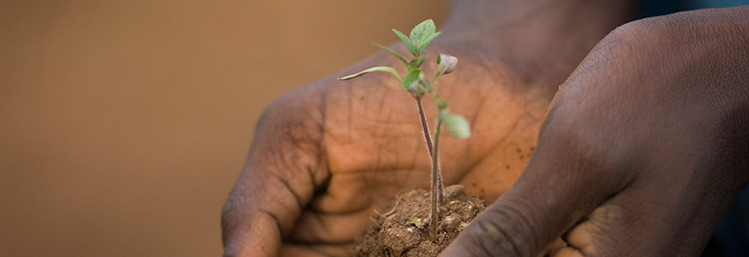
Sustainable Development
MSc
- Duration
- Start date
- Location
Suitable for applications.
Placement Year
You can choose to include an internship as part of your course, in which case you will study over 15 months rather than a year. To do this, you should initially register for the one-year programme and then transfer to the 15 month programme when you have secured a placement, any time up until the middle of Semester 2.
The internship / placement further enhances the development of professional experience and practical skills during your Masters programme, integrating practitioner community engagement with your academic studies.
This element is student-centred and student-led, and therefore the initiative for identifying and applying for internships is driven by you. Academic staff can facilitate and support the identification of suitable opportunities with leads and suggestions, help with the writing of applications, and provide supporting letters of reference. They provide customised preparatory training before, and mentoring support during, the placement or internship.
The internship / placement can be taken with an organisation anywhere in the world. You'll need to detail your proposed activities and receive approval before the opportunity is finalised.
Once the internship / placement is complete you'll return to the programme, submit a completion report summarising key learning points, and then undertake your Masters dissertation. Students often use their placement period and experience to inform and shape their dissertation.
Learning and assessment
In addition to lectures, seminars and classroom and virtual learning tool-based learning, there will be small group activities, both assessed and unassessed (formative), which give you the opportunity to develop and reinforce collaborative learning skills.
The programme is intended to:
- develop your knowledge and comprehensive understanding of concepts, theories and frameworks of sustainable development and their application in policy and practice
- develop your skills to analyse, synthesise and critique current and emerging research and practice and critically appraise evidence using insights at the forefront of the discipline and practice
- advance your knowledge and understanding of skills and techniques to develop innovative ideas and originality in the application of knowledge in relation to sustainable development policy and practice for your own research and advanced scholarship
- develop your skills to formulate and independently investigate a complex issue related to sustainable development by developing appropriate research questions and critically evaluating evidence to answer such questions and communicating your findings at an advanced level
- develop your autonomous learning skills for lifelong learning to become even better at being an independent learner and critical and creative thinker
- further develop your skills in communicating complex ideas and issues to different groups of stakeholders
- equip you with the knowledge and skills to become a reflective and critical practitioner and work as an effective team member in culturally diverse groups and teams
Study support
You will be allocated a Personal Academic Tutor (PAT) at the start of your studies.
Students with disabilities or special educational needs or requiring adjustments complete a Learner Support Profile (LSP) and these form the basis for support on a case to case basis.
PATs and module lecturers will be able to access the LSP and use this information to tailor support to individual students.
The programme leader and the programme team will arrange small group and one-to-one meetings as per the needs of individual students.
Module lecturers welcome formal as well as informal feedback, and will be able to offer appointments for specific module related or assessment related discussions.
Research
All the modules are research-led.
The Division of Peace Studies and International Development has a long established reputation for advanced international policy research, diplomacy and engagement.
Several members of the Division have built research track records in aspects of economic inequality, natural resource governance, peace-building, conflict analysis and project and strategic planning and capacity building and are often involved in advocacy and policy analysis work for international, governmental and non-governmental organisations on these issues.
We currently collaborate with:
- national and local government agencies in the UK
- EU institutions and European governments
- UN agencies, the African Development Bank, and the Caribbean Development Bank
- bilateral lenders and donors such as AusAid, DFID and the China Development Bank
- international NGOs such as the Aga Khan Foundation
